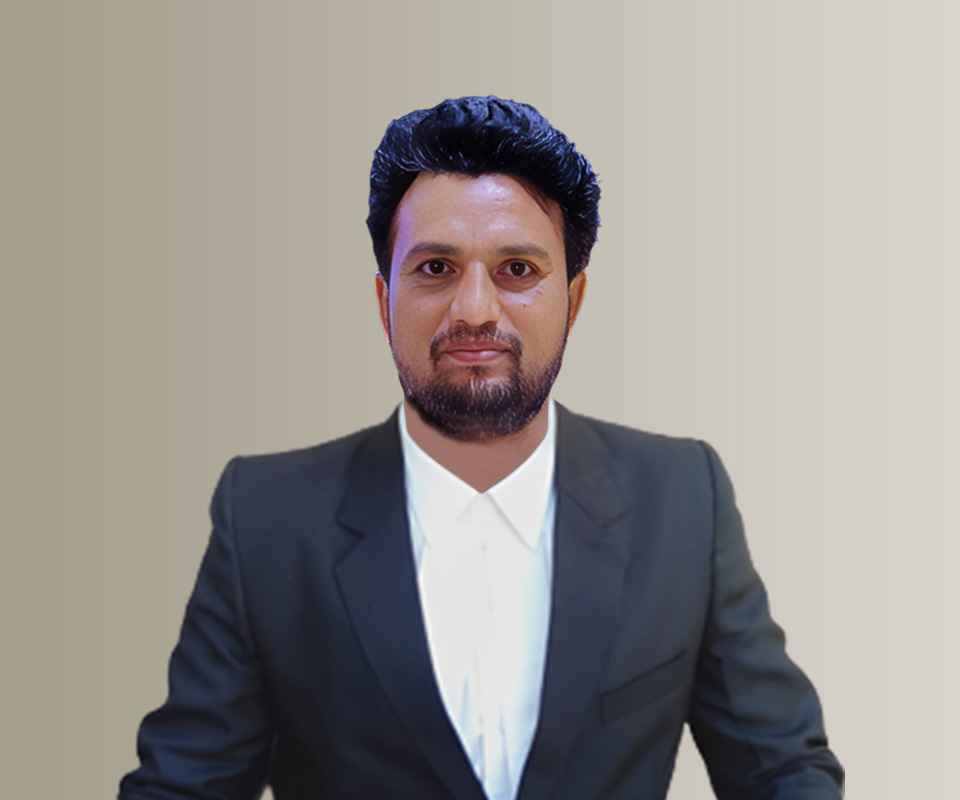Answer By law4u team
Wearable devices have become important tools in elder care, offering continuous monitoring of seniors’ health and safety. These devices help detect potential elder abuse by tracking physical parameters such as falls, heart rate irregularities, and location. By providing real-time data and emergency alerts, wearables enable caregivers and family members to respond promptly to signs of abuse or emergencies, enhancing protection for vulnerable elders.
How Wearable Devices Detect Elder Abuse
1. Fall Detection
Devices use accelerometers and gyroscopes to sense sudden movements or impacts, alerting caregivers if a fall occurs, which could indicate physical abuse or neglect.
2. Vital Sign Monitoring
Continuous tracking of heart rate, blood pressure, and oxygen levels can signal stress or trauma related to abuse.
3. GPS Location Tracking
Enables monitoring of the elder’s location to prevent wandering or being taken to unsafe places.
4. Panic Buttons and Emergency Alerts
Wearables often include panic buttons or voice-activated alerts that seniors can use to call for help instantly.
5. Behavioral Patterns Analysis
Some advanced devices use AI to analyze activity patterns for signs of neglect, such as prolonged inactivity or unusual routines.
Limitations and Challenges
Dependence on the elder’s willingness and ability to wear and maintain the device.
Privacy concerns around constant monitoring.
Possible technical malfunctions or false alarms.
Cost and accessibility issues for economically disadvantaged seniors.
Example
An 80-year-old man in Delhi wears a smartwatch equipped with fall detection and heart rate monitoring. When he suffers a fall after being neglected by a caregiver, the device immediately sends an alert to his daughter’s phone, allowing her to reach him quickly and provide help.







